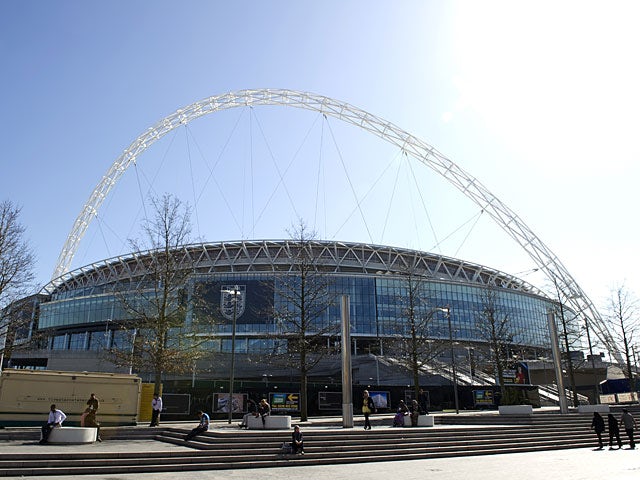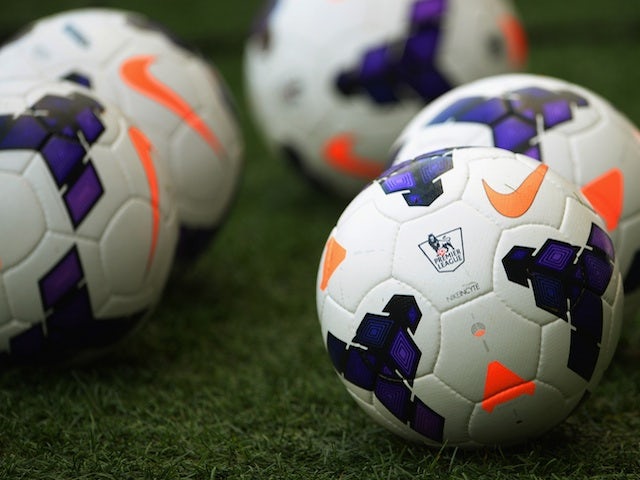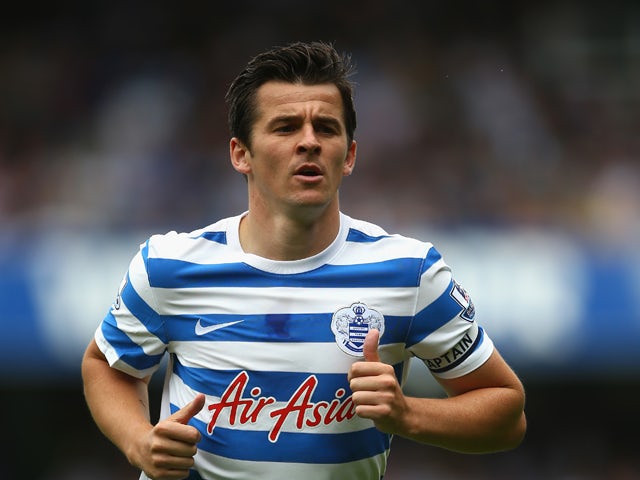Out of 5,000 professional footballers in this country, not one is openly gay.
Homosexuality remains a taboo subject in the 'beautiful game', despite the efforts of various organisations such as Football v Homophobia, the Gay Football Supporters Network and charity Stonewall, who have helped create the Rainbow Laces campaign.
Filmmaker Rhys Chapman hopes to tackle this issue in the sport with Kickstarter-funded short film Wonderkid, which follows an unnamed gay footballer trying to search for acceptance in the game, while also dealing with alcohol and OCD problems.
Recently, Sports Mole caught up with 25-year-old Chapman, who directed the film and co-wrote the screenplay with Terence Corless, to discuss why he feels that homophobia is an issue in football and how the stereotypes of the game are part of the problem.
 © Getty Images
© Getty Images
Why did you choose to highlight homophobia through film and football in particular?
"I grew up playing football when I was younger and it is quite a hostile environment. When I got to my teens, it all got very serious and I kind of fell out of love for the game. I think football should be for everyone. My favourite film is Lost in Translation and I wanted to make something more appealing to a British audience, so that's why I thought football would be such a good thing to tackle."
Why do you think that footballers are reluctant to be open about their sexuality?
"There's a hyper-masculine environment that surrounds football - it's a very macho environment. You're supposed to be tough and not show emotion. There's lots of blaming and shouting - it's quite a hostile environment as it is. This whole sort of lad culture, I think it's called 'lad banter', is quite homophobic and it's quite politically incorrect so there's that side of things.
"Also, when people chant racist abuse on the terraces there's quite a severe punishment. As a result of Brighton & Hove Albion's association with Brighton's gay community, they suffer homophobic abuse week in, week out from the away fans. They submitted a report to the FA last year detailing what they've experienced and there's been so little or no punishment for anyone. So, if a player was to come out, they wouldn't be protected from the terraces, so, there are those two kind of factors."
With the incidents at Brighton in mind, do you think that there is enough evidence to prove that homophobia is rife within fan culture, or do you think that a lot of it is to do with the fear that fans would react a certain way?
"It is a massive problem. I went to a QPR game last year with a friend of mine and at half time, I went out to go to the toilet and someone said, 'here comes Tom Daley and his boyfriend'. So, I've seen it and I've heard other cases as well, but I'm actually straight so there was no reason for them to say anything homophobic towards me.
"Due to the fact that there are no 'out' players, you can't show the direct effect that it would have on someone, but until probably the start of this year, when I wrote the screenplay with my friend Terrence last year, there was a BBC documentary that we had through to detail the facts behind it, but there wasn't many news reports. There's been a lot more recently, but the fact that it wasn't really talked about made it difficult to do research."
 © Getty Images
© Getty Images
There's a stereotypical image of footballers that they're masculine, rich, wanted by lots of women etc. Do you think that's part of the problem?
"Definitely. I think if you look to people like George Best and maybe more recent like David Beckham, there's this image surrounding them that is kind of, like you said, like that. I think probably the marketing companies and advertisers probably push that so that you may be right. I think Justin Fashanu [coming out] in the '90s - I know that was a long time ago, but that's the only previous case gay players will have to go by and what he was subjected to was quite shocking, even back then. So perhaps it's a factor of both."
You marched with the Gay Gooners at London Pride. What viewpoint did you get from them with regards to the issue?
"It was more from the supporters' view and grassroots football. A lot of people I've spoken to, and I've also played football for gay friendly football team Soho FC - what I'd gained from that was that a lot of people love football, but they feel like it's not for them, or they wouldn't be welcomed and the environment kind of put them off. Some of the insults that they'd experienced growing up from similar people put them away from football.
"The day before [London Pride] Arsenal tweeted support to the Gay Gooners at London Pride and Arsenal actually started trending on Twitter. It was awash with homophobic abuse, so I witnessed first hand what actually went down there and it was pathetic really. A lot of Arsenal fans were saying that they were ashamed - 'why do they need a gay supporters group?' and things like that. What they don't understand is, to make themselves visible, they need to support each other. It's strength in numbers and that's why it's important for clubs to have a LGBT supporters group - for them to show their banner in the stadium, to show that the club supports them and there is strength in numbers."
Did you speak to many current footballers of former players during your research?
"I spoke to Joey Barton and he wishes that more players would start talking about it. Everyone goes to him for questions about this issue because he's been so outspoken about it in the past, but no-one else really does and he would like to see more players opening up the conversation about it.
"If you consider from a very early age, footballers go through media training and if you watch interviews it's very much a stereotypical answer you always get. Of course they're not going to want to talk about something like this because it could potentially upset a lot of people if they say the wrong thing. So, they choose not to say it."
 © Getty Images
© Getty Images
The Rainbow Laces campaign has been publicised quite a lot. Do you think initiatives like that are enough or does more need to be done?
"It's great to raise awareness, but there wasn't much follow-up or documentation over what went on. It was more of a marketing campaign I think. It was heart-warming for me to open The Metro and see all those advertisers showing their support, but it needs to be constantly followed up, not just one weekend and then forget about it. I think what needs to happen is a better education - start from the grassroots level up to the top level of the game and then homophobic abuse needs to punished in the same respect as racist abuse."
Do you think homophobia is a widespread problem in sport in general?
"I would say that mass culture is homophobic so it's a bigger problem than that. My sex education at school was very limited - it was always very much a man loves a woman and there was no speak of any LGBT orientation.
"There are a lot of stereotypes in sport - there are lots of sports for rich people, lots of sports for working-class people, a lot of sports that are specifically targeted towards women. Sport needs to open up more to both sexes and things like that. I think there's a lot of discrimination in sport, but I think things are changing. Especially because people are writing about things like this more.
"I think things are being done and it will be interesting to see what will happen in the next few years, but there's definitely a homophobia problem in most sports."







